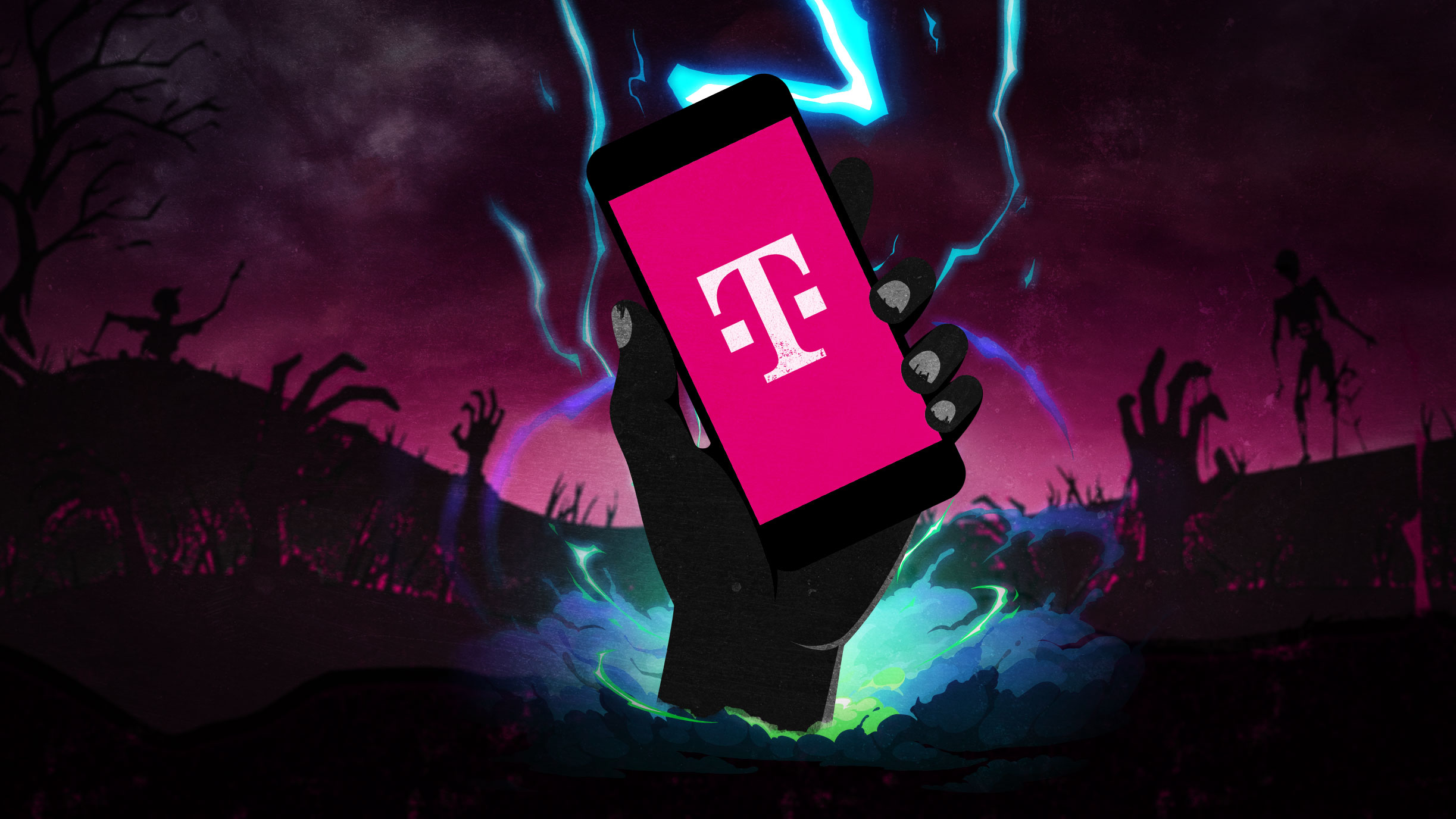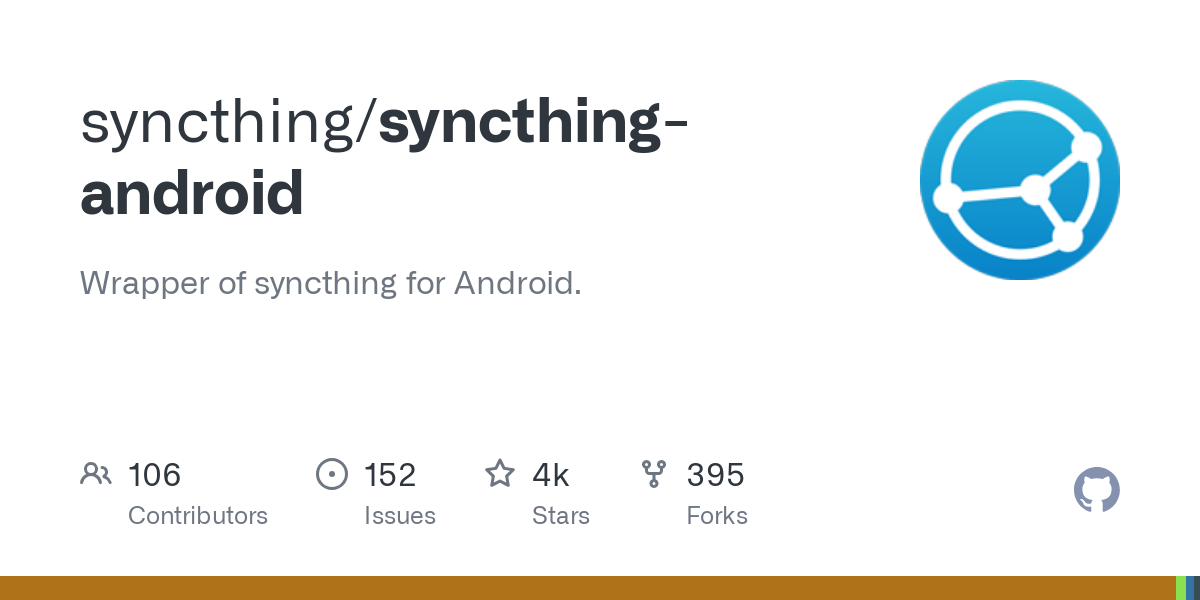- 6 Posts
- 104 Comments
Voyager is definitely the most polished and great for those who used Apollo for Reddit. It is also very actively developed. For the Android users who do not mind the iOS aesthetic, Voyager is one of the few Lemmy clients on F-Droid.
Thunder is also a great option. I personally prefer its UX more than Voyager, but it is not quite as polished.

 7·24 days ago
7·24 days agoBut T-Mobile is still offering the service, so it is not the lifetime of that either.
A GitHub issue was opened for Syncthing-Fork, so it will be worth watching that to know whether it will continue to be supported.

 14·1 month ago
14·1 month agoKobo
Firefox and Brave Search
This does not apply to the server. Only the client app is open source. The server is proprietary.

 10·2 months ago
10·2 months agoThey switched to USB-C last year with the iPhone 15.

 9·2 months ago
9·2 months agoMiracast and Chromecast are different. Miracast is the open standard while Chromecast is Google’s proprietary casting protocol.
Roku supports both Miracast and AirPlay, but I don’t think it supports Chromecast.

 2·3 months ago
2·3 months agoDespite not being easy to find, most news sites still have RSS feeds. They are great for just getting the news from sources I trust instead of big tech algorithm recommend blogspam. It is also possible to get RSS feeds from subreddits and Mastodon.

 3·3 months ago
3·3 months agoGoogle has done price increases the last 2 or 3 years, so they no longer have a price advantage. Samsung also has the same 7 year support window.

 16·3 months ago
16·3 months agoProton is still a for-profit company and has shareholders who expect to to make money. The change is that the largest shareholder of the for-profit company is now a separate non-profit organization. It is still a positive move, but not entirely what the marketing makes it seem.
openSUSE also remains one of the only distributions that have automatic Btrfs snapshots setup out of the box. I am very surprised other distributions have not done the same. Especially Fedora, since they use Btrfs already.
I use Pocket because it is compatible with my Kobo ereader.
Everyone already anticipates new Google services to fail. Expecting people to spend hundreds of dollars on content that is locked to a service run by a company that is known for canceling services after a couple of years was always going to fail.
Stadia was essentially just a demo of Google’s cloud capabilities. Even if Stadia was a massive success, it would still be a drop in the bucket compared to Google’s ad revenue and have no impact on stock price.
Ironically, if Google were upfront about how it would handle the shutdown, it likely would have increased consumer confidence enough that Stadia may not have needed to be shutdown.

 8·5 months ago
8·5 months agoProton will still be a for-profit company that will be majority-controlled by a non-profit. The non-profit will not own all of the business either, so there will still be profits going to shareholders.

 13·5 months ago
13·5 months agoWhich is the same structure that Proton is moving to.









Intel is ruining Intel.